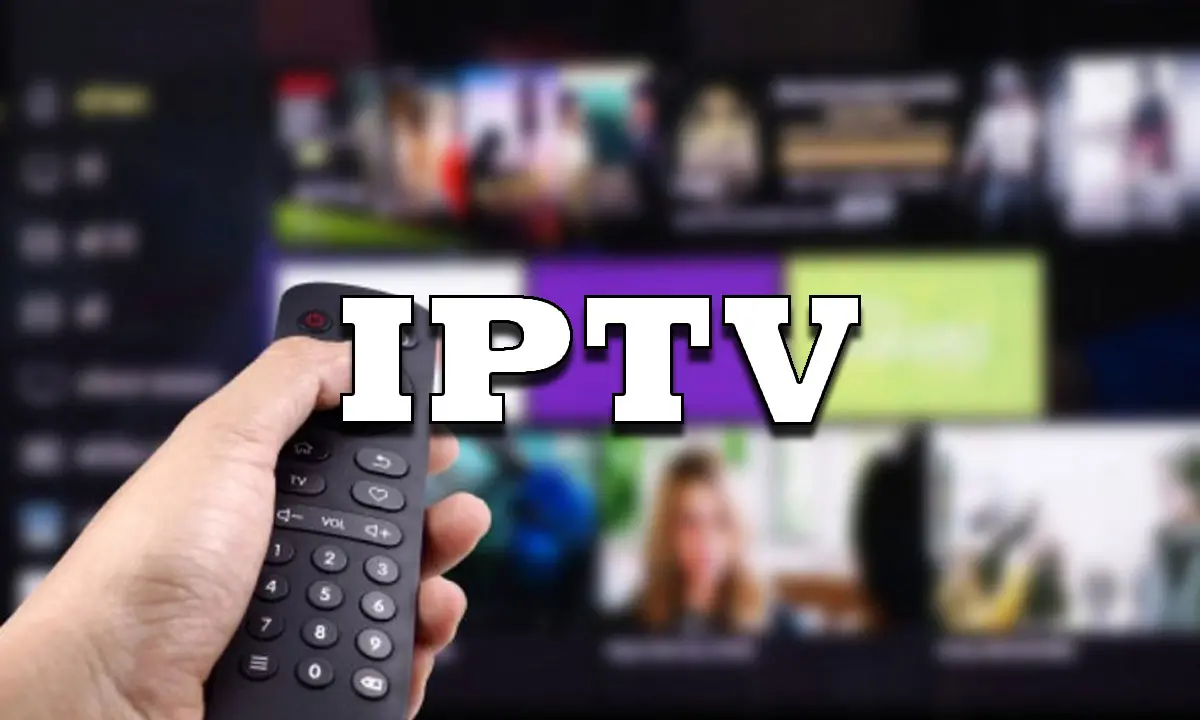In the age of digital transformation, the way we consume television has evolved dramatically. One of the most significant innovations in this space is Internet Protocol Television (abonnement iptv france), which has emerged as a game changer in how we access and enjoy our favorite shows, movies, and live events. Unlike traditional broadcasting methods, IPTV delivers content through the internet, allowing for a more flexible and personalized viewing experience.
Understanding IPTV
IPTV stands for Internet Protocol Television, which is a method of delivering television programming and other video content through internet protocols instead of traditional cable or satellite systems. With IPTV, content is streamed directly to devices like smart TVs, computers, tablets, and smartphones, providing users with a wide range of viewing options.
There are three primary types of IPTV services:
- Live TV: This service allows viewers to watch television shows as they air in real-time. Users can access a variety of channels, similar to traditional cable TV, but with the added flexibility of viewing on multiple devices.
- Video on Demand (VOD): VOD services allow users to watch content whenever they want. This feature provides a vast library of movies and series that viewers can access at their convenience, making it easy to binge-watch their favorite shows.
- Time-Shifted TV: This feature enables users to watch previously aired content at their convenience. With time-shifted TV, viewers can catch up on missed episodes or rewatch their favorite moments without the pressure of live scheduling.
Benefits of IPTV
IPTV offers several advantages over traditional television services:
- Flexibility and Convenience: One of the most appealing aspects of IPTV is the ability to watch content on various devices. Whether you prefer a smart TV, laptop, or mobile device, IPTV allows you to access your favorite shows anytime, anywhere.
- Cost-Effectiveness: Many IPTV services are more affordable than traditional cable packages. With a variety of subscription options available, users can choose plans that fit their budget and viewing preferences.
- Customization: IPTV platforms often allow users to customize their viewing experience. This means they can create personalized channel lists, access on-demand libraries, and tailor their content consumption based on individual interests.
- High-Quality Streaming: IPTV services typically offer high-definition (HD) and even 4K streaming options, providing superior picture quality compared to standard cable broadcasts.
- Interactive Features: Many IPTV services include interactive features such as pause, rewind, and record live TV, giving users more control over their viewing experience.
Challenges Facing IPTV
Despite its many advantages, IPTV is not without its challenges. Some of the most pressing issues include:
- Internet Dependency: IPTV relies heavily on a stable internet connection. In areas with slow or unreliable internet, users may experience buffering or degraded video quality.
- Content Licensing: Licensing agreements can complicate the availability of certain channels and shows, limiting content options for users in specific regions.
- Regulatory Issues: In some regions, IPTV services face legal challenges due to licensing and copyright concerns. This can lead to service disruptions or limited access to certain content.
The Future of IPTV
As technology continues to evolve, IPTV is expected to grow and adapt. The increasing adoption of 5G networks promises to enhance streaming capabilities, making it easier for users to access high-quality content on the go. Additionally, the integration of artificial intelligence and machine learning could lead to improved content recommendations, further enhancing the personalized viewing experience.
Moreover, as more content creators produce exclusive shows and films for streaming platforms, IPTV may become the primary source of entertainment for many viewers, challenging traditional broadcasting methods.
Conclusion
IPTV is reshaping the landscape of television consumption by offering flexible, cost-effective, and customizable viewing options. While it faces some challenges, the advantages it provides position it as a key player in the future of entertainment. As technology advances and consumer preferences continue to shift, IPTV will likely become an integral part of how we experience television, further blurring the lines between traditional broadcasting and digital media consumption.
